By: Martha Molfetas
Impact Wins: these days, it can seem like good news rarely happens - especially in relation to climate change and the environment we all rely on. Once a month, you can expect a blog from us that features some good news on climate action and environmental protection.
The world just got some amazing news, last week the European Union (EU) did something unexpected - they banned single use plastics! Right now, the ten plastic items banned account for 70% of all the litter on Europe’s beaches and waterways. The motion passed the European Parliament and will need to be approved by member states, but this is a huge windfall for the environment!
Nations like Rwanda have also banned single use plastics, but this EU ban will have far reaching repercussions for the plastics we all use. By 2021, you will no longer be able to buy plastic balloon holders, plastic cutlery and plates, and a whole host of other single use plastics in the 28-country bloc. That means 508 million people will not be consuming this throw away petrochemical stuff.
Specifically, the European Parliament voted to ban single use plastics that have viable alternatives. For items that don’t have alternatives, they will have to be reduced by 25% by 2025. Additionally, 90% of all beverage bottles will be recycled under the proposal. This will all come at a cost. The European Commission estimates that by the time these rules are fully implemented in 2030, it will cost businesses €3 billion each year. There is an upside, it will save consumers €6.5 billion a year, create 30,000 new jobs, and prevent €22 billion in environmental damages and plastic clean up efforts.
Plastic pollution can be found virtually anywhere, from the most untouched beaches to the largest cities. It’s become a ubiquitous footprint of our shared existence on this planet as human beings. Unfortunately, it causes serious damage to marine life and to us. They’ve found broken down micro-plastics in our blood stream and in sea salt - in the fish we eat, to the water we bathe in. It’s everywhere. If nothing is done, there will be more plastic than fish in the oceans by 2050. This EU plastic ban could set an example for other nations to follow moving forward. Only we can create a world free from plastic.
***
Ready to make an impact? Take our Impact Pledge and commit to learn, share, and act on climate change and environmental justice.
Photo by: Femke Gubbels | From our 'Displacement in Dar es Salaam' project

